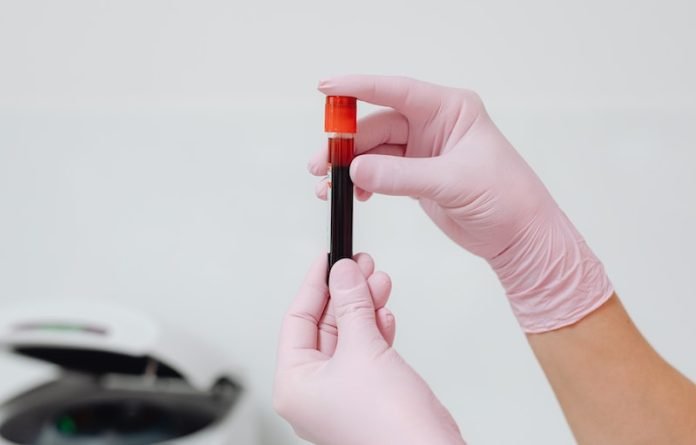
In a study from Lund University and elsewhere, scientists have found which blood tests are best at detecting Alzheimer’s disease during the earliest stages, and another blood test that is optimal for detecting relevant treatment effects.
These findings will speed up the development of new therapies that can slow down the disease progression.
In the study, the team looked at several newly developed blood tests for Alzheimer’s disease pathology and neurodegeneration in 575 people.
In 242 people, the plasma tests were repeated for up to 6 years, along with cognitive testing and magnetic resonance imaging.
The team found that multiple blood biomarkers, namely phospho-tau231 and Aβ42/40, were sufficient in identifying Alzheimer’s disease pathology, even in participants with no symptoms and thus, could be used as a strategy to select the correct people for novel disease-modifying trials.
Yet, over the 6 years tested, it was shown that only phospho-tau217 was related to Alzheimer’s disease pathology, a decline in cognitive performance and increased brain atrophy typical of incipient Alzheimer’s.
Therefore, phospho-tau217 will be an ideal marker for the detection of relevant disease-modifying effects of novel interventions.
The study has large implications for the use of blood tests in the recently reported anti-Aβ trials.
The team says distinctive blood tests may be optimal for the identification of Alzheimer’s pathology or for monitoring of disease progression and therefore have different roles in clinical trials.
This study has shown that phospho-tau217 is uniquely placed to be an optimal test for monitoring patients in both a clinical setting and a trial setting because of its longitudinal association with Alzheimer’s development.
An important aspect of this study was that p-tau217 was able to monitor such changes in pathology and cognition at very early stages of the disease process.
If you care about Alzheimer’s disease, please read studies about the likely cause of Alzheimer’s disease, and new non-drug treatment may help prevent Alzheimer’s .
For more information about brain health, please see recent studies about the critical time window to stop Alzheimer’s disease and results showing this new light treatment may slow down Alzheimer’s disease.
The study was conducted by Professor Oskar Hanssson et al and published in Nature Medicine.
Copyright © 2022 Knowridge Science Report. All rights reserved.



